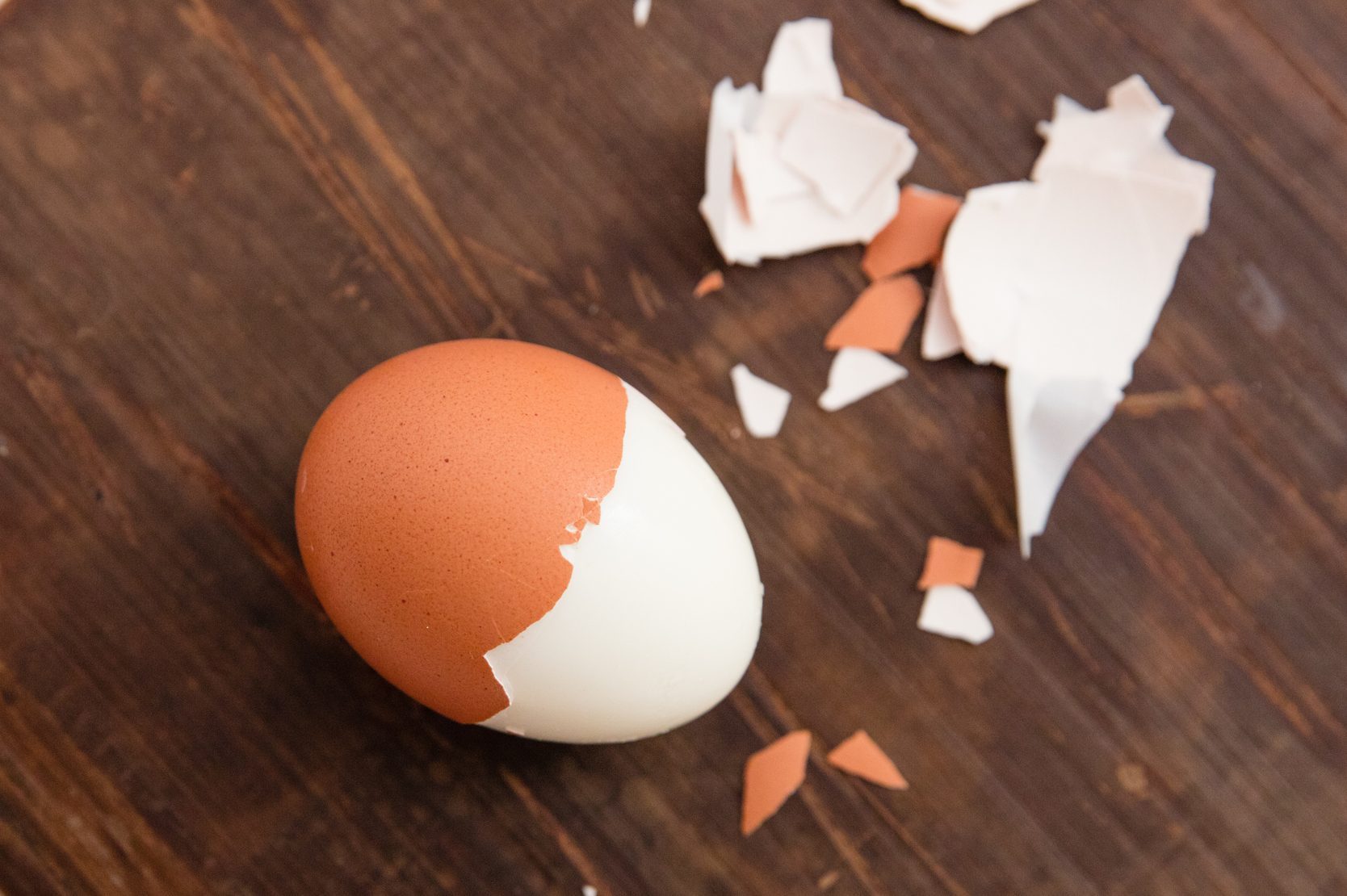Eggs are a staple in many kitchens around the world, and understanding their shelf life is crucial for food safety and quality. Knowing how long eggs will last in the refrigerator can help you avoid food waste and ensure that you're consuming fresh products. In this article, we will explore the lifespan of eggs in the refrigerator, how to properly store them, and tips for determining their freshness.
In addition to discussing the storage duration, we will also delve into factors that can affect the longevity of eggs, including temperature, packaging, and even the method of preservation. By the end of this article, you will have a better understanding of how to keep your eggs fresh and safe for consumption.
Whether you are a casual cook or a culinary enthusiast, this guide aims to provide you with all the essential information regarding egg storage. Let's dive into the details and learn how long eggs will last in your refrigerator.
Table of Contents
- Understanding Egg Shelf Life
- Factors Affecting Egg Longevity
- How to Store Eggs Properly
- Signs of Spoiled Eggs
- Different Types of Eggs and Their Lifespan
- Best Practices for Egg Storage
- What to Do with Expired Eggs
- Conclusion
Understanding Egg Shelf Life
The shelf life of eggs in the refrigerator is generally around 3 to 5 weeks after the purchase date. However, this timeline can vary based on several factors, including how the eggs were processed and stored before they reached your kitchen.
To determine the exact expiration date, it's essential to check the sell-by or expiration date printed on the carton. Most eggs can still be consumed safely for a week or two after this date if they have been stored correctly.
Egg Freshness and Quality
Fresh eggs are not only safer to eat but also taste better. Eggs that are nearing their expiration date may not perform well in recipes, especially when it comes to baking. Therefore, understanding how long eggs last can help ensure optimal results in your cooking.
Factors Affecting Egg Longevity
Several factors can affect how long eggs last in the refrigerator:
- Temperature: Eggs should be stored at a consistent temperature of 40°F (4°C) or lower. Fluctuating temperatures can shorten their lifespan.
- Packaging: Keeping eggs in their original carton can help protect them from odors and prevent moisture loss.
- Processing: The method used to wash and process eggs before packaging can impact their shelf life.
How to Store Eggs Properly
To maximize the freshness of your eggs, follow these storage tips:
- Keep eggs in their original carton, as it provides protection and helps maintain moisture.
- Store eggs in the coldest part of the refrigerator, typically near the back, rather than in the door.
- Avoid washing eggs until you are ready to use them, as washing can remove the protective coating that helps keep them fresh.
Signs of Spoiled Eggs
It's crucial to know how to identify spoiled eggs to avoid foodborne illness. Here are some signs that your eggs may be bad:
- Unpleasant odor: A sulfur-like smell indicates spoilage.
- Discoloration: Any unusual coloration in the egg white or yolk is a bad sign.
- The float test: Place the egg in a bowl of water. If it floats, it is no longer fresh.
Different Types of Eggs and Their Lifespan
Various types of eggs have different shelf lives:
- Chicken Eggs: Typically last 3 to 5 weeks in the refrigerator.
- Duck Eggs: Can last up to 5 weeks, but may have a stronger flavor.
- Quail Eggs: Last about 3 to 4 weeks and are often used in gourmet dishes.
Best Practices for Egg Storage
To ensure your eggs remain fresh for as long as possible, consider implementing these best practices:
- Regularly check the expiration dates and rotate your stock of eggs.
- Avoid buying eggs in bulk unless you plan to use them quickly.
- Consider using a marker to write the purchase date on the carton for easy reference.
What to Do with Expired Eggs
If you find that your eggs have expired, here are a few options:
- Use the float test to check if they are still safe to eat.
- If they are bad, dispose of them responsibly.
- Consider composting eggshells, as they are a great source of calcium for plants.
Conclusion
Understanding how long eggs last in the refrigerator is essential for maintaining food safety and quality. By following proper storage practices and being aware of the signs of spoilage, you can ensure that your eggs remain fresh and safe to eat.
If you found this article helpful, please leave a comment below, share it with friends, or explore more of our articles for additional tips and insights on food safety and storage!
Thank you for reading, and we hope to see you back on our site for more informative content!




